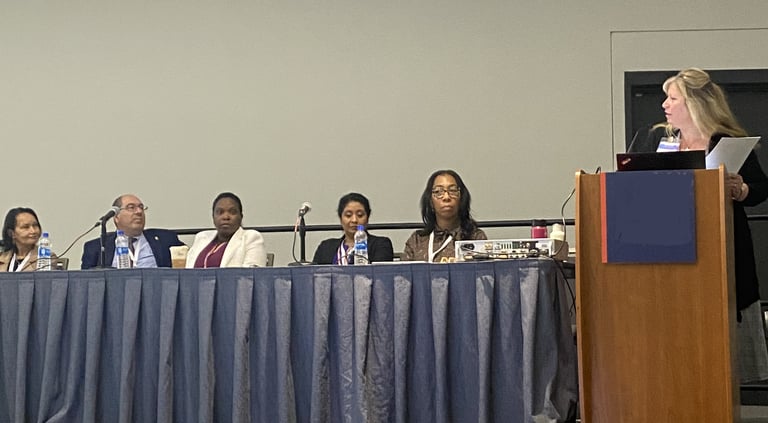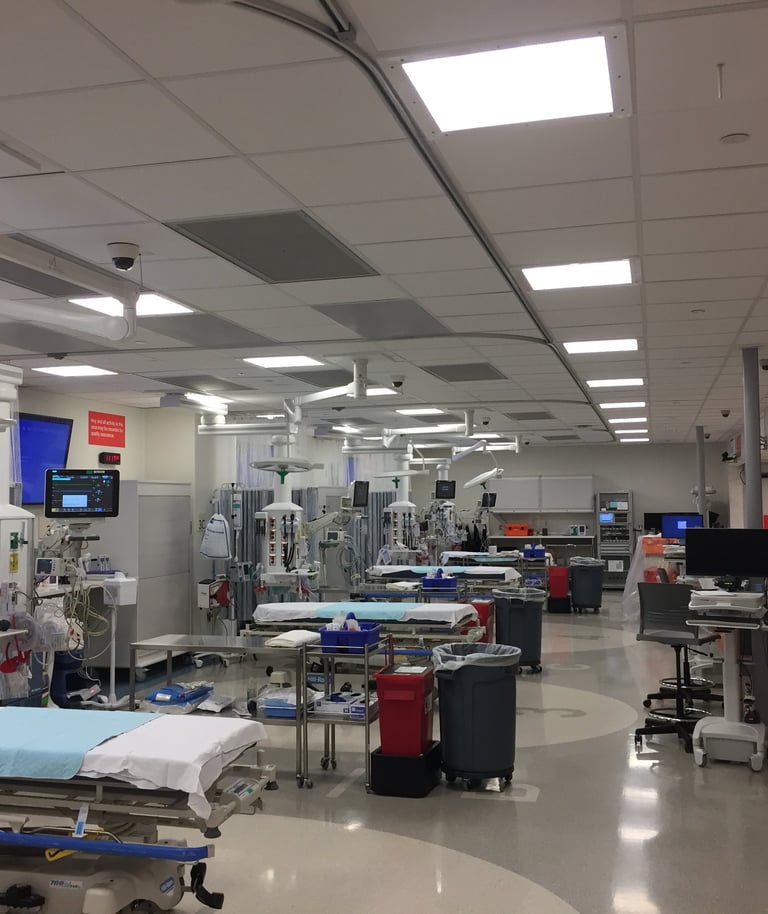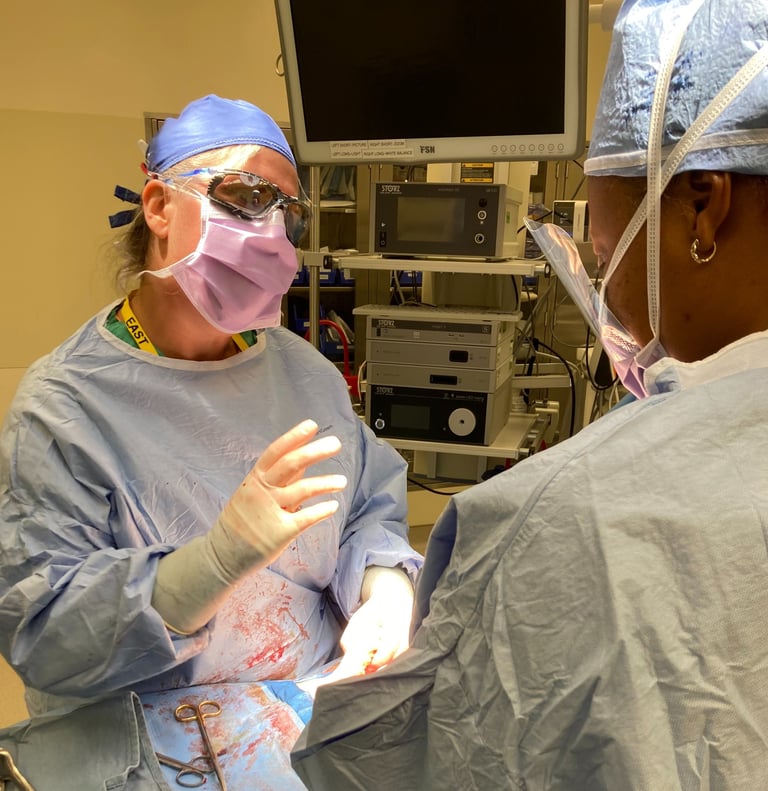Facilitation Services
For Individuals
Our facilitation process for individual clinicians begins with a thorough assessment and analysis of the problem by reviewing relevant policies, contracts, performance reviews, feedback, and internal records. From there, we define a corrective plan that includes identifying structural support for employees, formal intervention pathways, safe space allies, and daily self-protective techniques. To foster growth, we help build essential skills such as verbal and written communication, de-escalation, and mediation strategies. Finally, we implement actionable steps to ensure safety and success, including performance optimization plans, alternative reporting mechanisms, and non-alienating exit strategies where necessary.
For Teams and Groups
Our facilitation service is designed to help teams and organizations assess and improve their dynamics, whether you're operating like a well-oiled machine or experiencing signs of dysfunction. Through tailored training and open discussions, we address mixed feedback or outright challenges within your team, offering tools like healthy conflict management and proactive solutions to prevent issues from escalating. Whether it's fostering transparency around mission and goals or tackling deeper concerns such as toxic culture, disruptive behavior, or unhealthy competition, our services provide the support needed to rebuild trust, collaboration, and a positive workplace environment.




Concrete launch once training and build complete
All stakeholders with trackable endorsement/sign-off
Embedded and standardized feedback pathways
Cross-level progress reporting
Intentional repeated exposure to all new materials/skills
Safety tools embedded at each step and interaction
Actual and practical timeline
For individuals this may further include:
Formal actions and filings
Frequent self-assessment and debrief
Regular augmentation of skills
Intense preparation for meetings, events, presentations
Communication skills and tools
Shared language
New or enhanced policies and procedures
Bespoke Rules of Engagement
Mitigation templates
De-escalation techniques
Bidirectional transparency
Bidirectional accountability
Feedback and follow up loops
Mediation approaches
Implementation Pathway
For individuals this may further include skills in:
Negotiation and strategies
Boundaries and compartmentalization
Emotional intelligence
Leadership and management development
Safe and confidential exit pathways
Challenges to address
Shared and realistic goals
Ongoing successes and achievements
Previous failures and areas of stagnation
Clear roles and tasks vs lack of clarity
Organizational and workflow standard vs
Organizational and workflow culture
Current barriers and obstructions
Optimal reporting and leap frogs when needed
A target timeline
For individuals this may further include identifying:
Allies and safe spaces
Formal structural and legal services
Internal and external adjuncts
Alternatives and exit strategies
All relevant materials
All applicable data
Input from all stakeholders
Available policies, procedures, guidelines
Environment and culture
Institutional or organizational resources
Non written culture and flow
For individuals this may further include:
Contracts
Peer and performance reviews
Evaluations and feedback
Personnel files
Previous education
Remediations or interventions
REVIEW
DEFINE
BUILD
IMPLEMENT








A Proven Framework For Success
This phase includes a full intake and exploration of all relevant contributors, allowing a true understanding of context, people, and processes.
This phase is designed to ensure both specific and unambiguous parameters for the process. It allows a tailored understanding and foundation of values, priorities and desired outcomes.
This phase is adaptive, evidence-informed and customized to the needs of the client or group. Modes of delivery will also be created collaboratively.
This phase focuses on sustainable change, accountability, and measurable growth - whether in behavior, culture or performance.
Services
Rapid Response
Individual Coaching
Group/Team Facilitation & Mediation
Development & Education
The Professional Trajectory Review
Event and Speaking Engagements
About
Contact
info@smffacilitation.com
+1 (484) 816-8903
© 2025. All rights reserved.
